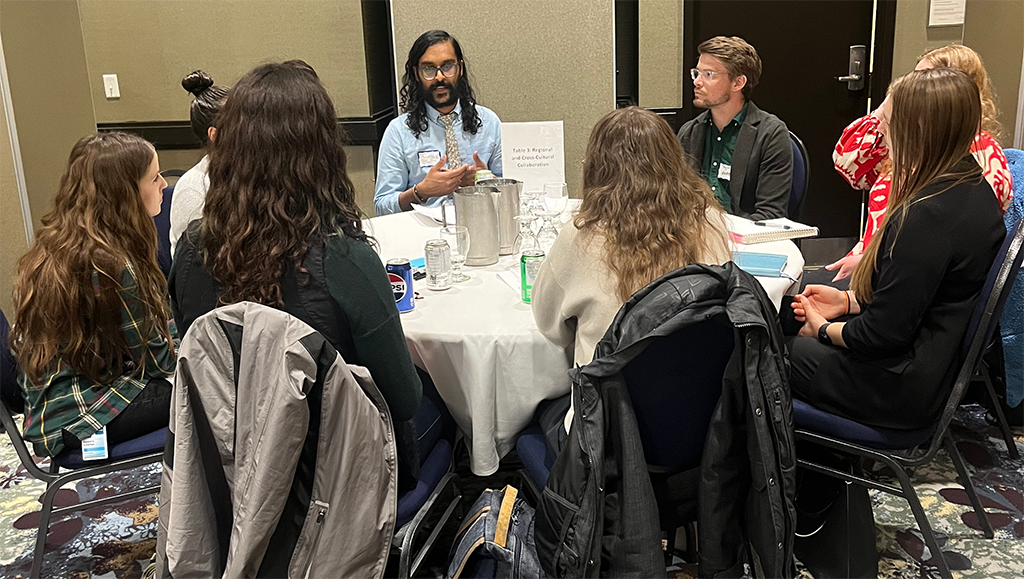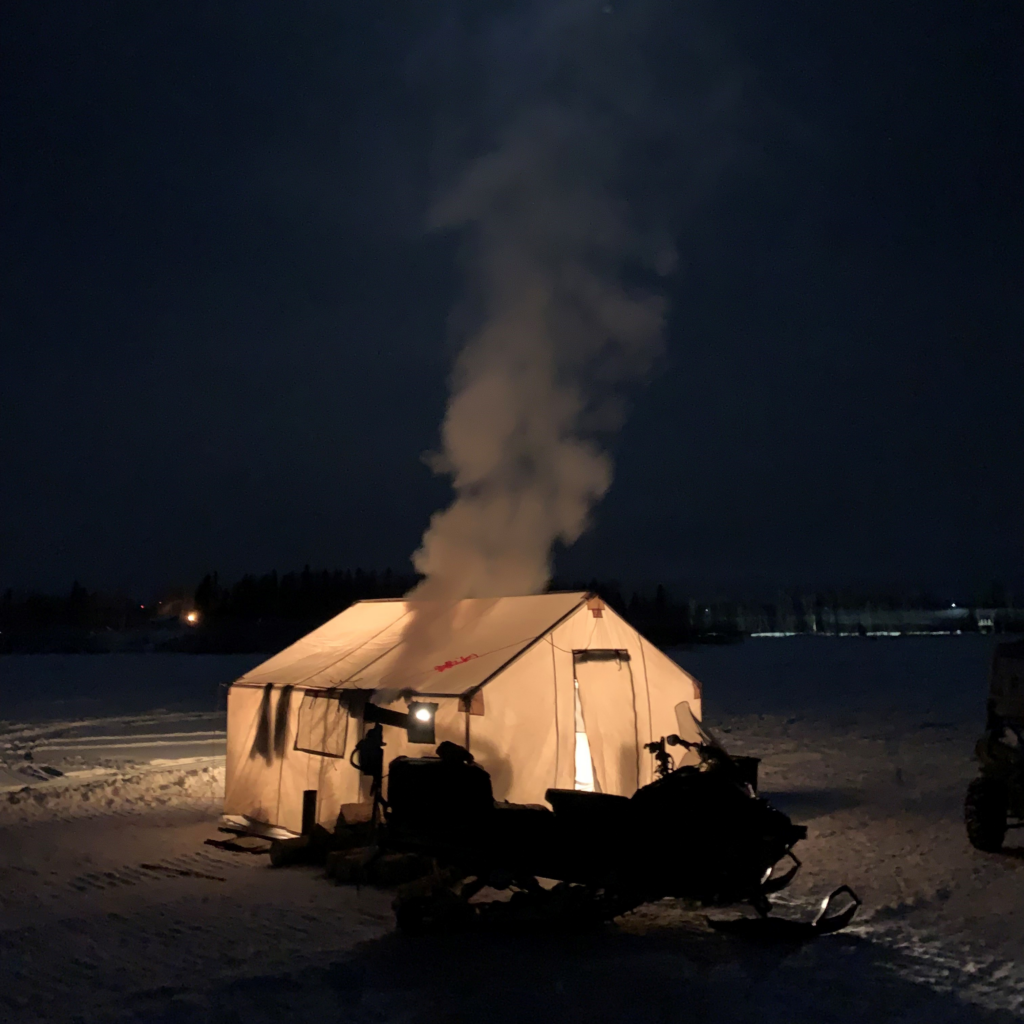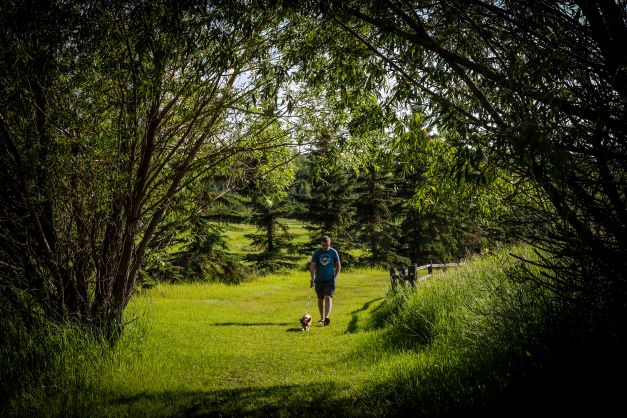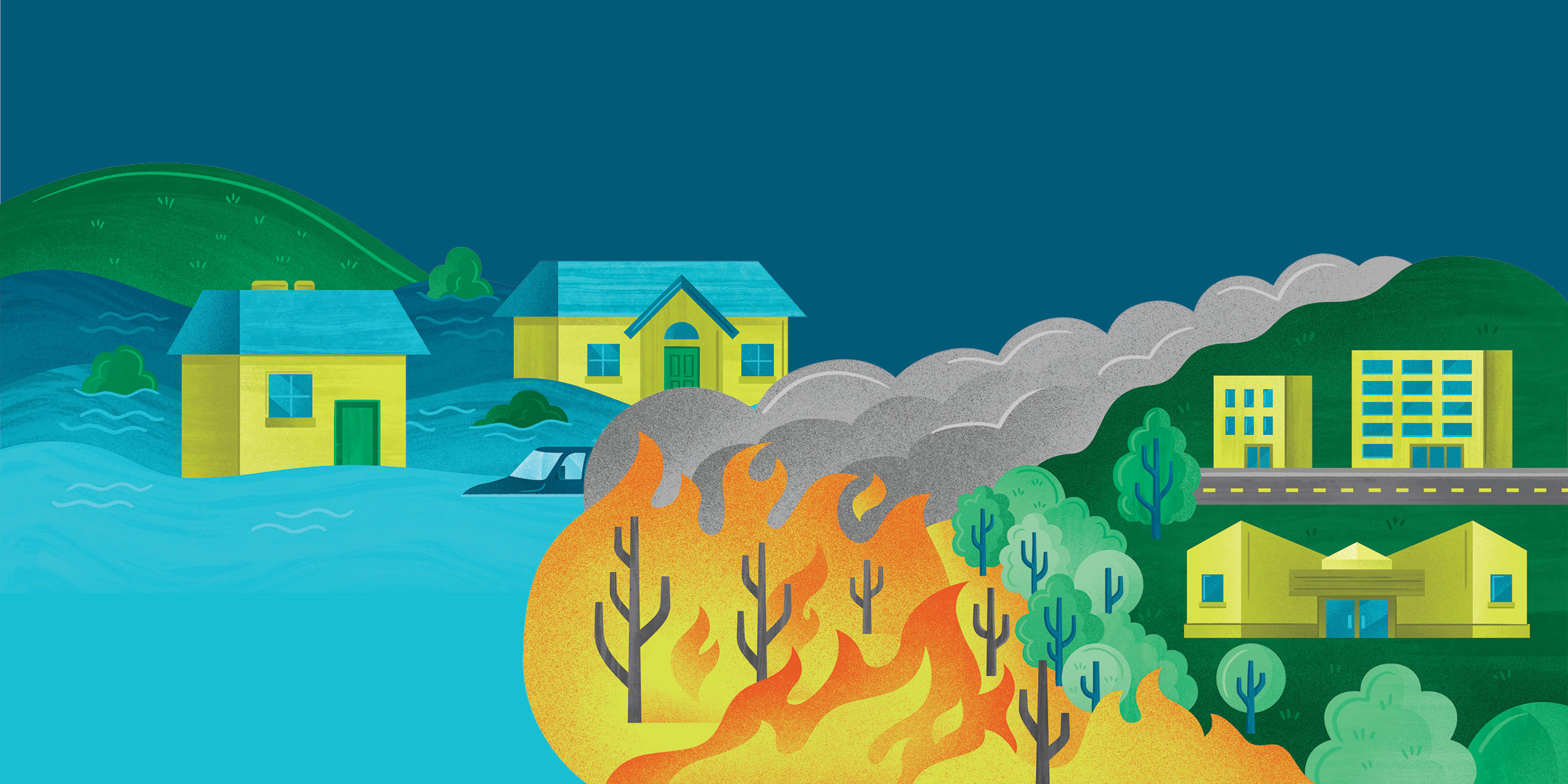Enabling communities to better understand and respond to the impacts of climate change.
The Climate Resilience Capacity Building Program was developed and administered by the Municipal Climate Change Action Centre, a partnership of Alberta Municipalities, Rural Municipalities of Alberta, and the Government of Alberta. The Program was funded by the Government of Alberta. The CRCB Program launched in February 2022 and closed in December 2024.
Program Purpose
Global climate change is already having local impacts and Alberta is no exception. The province’s changing climate may lead to more frequent droughts and wildfires, more severe flooding, intense ice storms, and other unpredictable events.
A changing climate poses risks to the natural environment, local communities, corporate assets & service provision, economies, and the health & well-being of residents.
Before local governments can effectively adapt, it is essential to assess climate risks and build an adaptation and resilience plan. This is the first step that the Climate Resilience Capacity Building Program was designed to support.
With $4.5 million from the Government of Alberta, the program supported Alberta municipalities and Indigenous communities to assess climate risks and vulnerabilities and to create climate adaptation and resilience plans. This funding helped reduce climate risks and create a more secure future for communities across the province.
Program Results
Between February 2022 and July 2024, 66 communities across Alberta participated in this program. Together, single applicants and regional partnerships completed a total of 49 climate adaptation projects. Plans and assessments were completed by a qualified, contracted service provider. The program also supported the development of internal capacity, including but not limited to, knowledge transfer, workshops, staff training, and wage subsidies. Projects were completed across three distinct funding streams:
- Planning Stream: funding to assess climate risks & vulnerabilities and prepare a climate adaptation plan.
- Strategies & Initiatives Stream: funding to advance actions in an existing community plan and prepare for implementation.
- Indigenous Climate Resilience Stream: funding to advance community-led approaches to climate adaptation planning, integrate Traditional Ecological Knowledge, and facilitate knowledge sharing activities.
CRCB Lead Communities (and partners)
Click on each participant to read their success story.
- Athabasca Landing Métis Community Association
- Athabasca, Town of
- Bighorn, MD of
- Bigstone Cree Nation
- Bondiss, Summer Village of
- Bruderheim, Town of (Town of Lamont, Town of Gibbons)
- Calgary, City of
- Camrose, City of
- Canmore, Town of
- Coaldale, Town of (Lethbridge County)
- Devon, Town of
- Diamond Valley, Town of
- Edmonton, City of
- Edson, Town of
- Elizabeth Métis Settlement
- Ermineskin Cree Nation
- Fort McKay First Nation
- Ghost Lake, Summer Village of
- High River, Town of
- Hinton, Town of
- Island Lake, Summer Village of
- Jasper, Municipality of
- Lakeland Métis Community Association
- Lamont, Town of
- Leduc, City of (Lead applicant for the Edmonton Metropolitan Region Board: Beaumont, Edmonton, Fort Saskatchewan, St. Albert, Spruce Grove, Devon, Morinville, Stony Plain, Leduc County, Parkland County, Strathcona County, Sturgeon County)
- Lethbridge, City of
- Louis Bull Tribe
- Medicine Hat, City of
- Okotoks, Town of
- Onoway, Town of
- Paddle Prairie Métis Settlement
- Piikani Nation
- Pincher Creek, Town of (MD of Pincher Creek)
- Red Deer, City of
- Saddle Lake Cree Nation
- Samson Cree Nation
- Siksika Nation
- Slave Lake, Town of
- Spruce Grove, City of
- Strathcona County
- Taber, Town of
- Tribal Chiefs Venture Inc. (Beaver Lake Cree Nation, Frog Lake First Nations, Whitefish Lake First Nation #128, Cold Lake First Nation, Kehewin Cree Nation, Heart Lake First Nation)
- Willow Lake Métis Nation
Testimonials from Participants
“Climate change is a concern for our community and the risk assessment section of the process made it crystal clear on how serious it will become. A climate change resilience plan is not a luxury, it is a necessity.”
– Leah Iwaniuk, Councillor, Summer Village of Bondiss
“Our participation in the CRCB program has empowered the Lakeland Métis to proactively address the challenges of climate change while honoring our cultural heritage. Through collaboration and the integration of our traditional knowledge, we are building a resilient future for our people. This project marks a significant step forward in our commitment to sustainability and the well-being of our Nation.”
– Melina Power, President & CEO, Lakeland Métis Community Association
“The Climate Resiliency and Adaptation plan helps us to proactively understand the possible risks associated with climate events and put them into tangible economic values. The measures identified will help to guide future planning for our Municipality and help us safeguard our community.”
– Angie Luca, Chief Administrative Officer, Town of Pincher Creek
Capacity Building Highlights
In addition to providing funding for climate risk assessments & adaptation plans, this program offered educational supports and networking opportunities to build local government climate resilience capacity and literacy. Some of the products produced include:
- Webinars
- Database of Municipal Climate Adaptation Plans
- Catalogs all publicly available climate risk assessments and climate adaptation and resilience plans to reference work your peers have completed.
The Climate Resilience Capacity Building Community of Practice was created to bring local government staff and leaders together to network, learn from one another, celebrate successes, and address shared challenges over the course of their climate adaptation journeys. This group met eleven times to engage in peer-learning and hear from guest speakers, including at the in-person Community of Practice Symposium on May 7, 2024.

Members of the CRCB Community of Practice and all local government staff are invited to join the Alberta Climate Leaders Staff Peer Network, which opened in December 2024. This program enables local government staff to connect and learn about high impact actions to advance both climate adaptation and mitigation.
Case Studies

Stories of Adaptation – Willow Lake Métis Nation
Willow Lake Métis Nation (WLMN) is a sovereign, self-governing Métis Nation. With contracted services provided by The Resilience Institute (TRI), WLMN completed a Climate Risk Assessment to evaluate climate impacts that may be detrimental to future community development initiatives. The Climate Risk Assessment was funded by the Government of Alberta through the Climate Resilience Capacity Building Program administered by the Municipal Climate Change Action Centre.
ReCAP
In 2021, the City of Calgary declared a climate emergency to galvanise the work needed to limit the degree of climate change and prepare for climate impacts.
The ReCAP report is a well-researched summary of best practices for municipal climate adaptations. The report highlights the role of municipal planners in advancing community-level adaptation, informing planners on the effectiveness, barriers, costs, and implementation considerations of specific adaptation actions—what the report calls Options.



You must be logged in to post a comment.